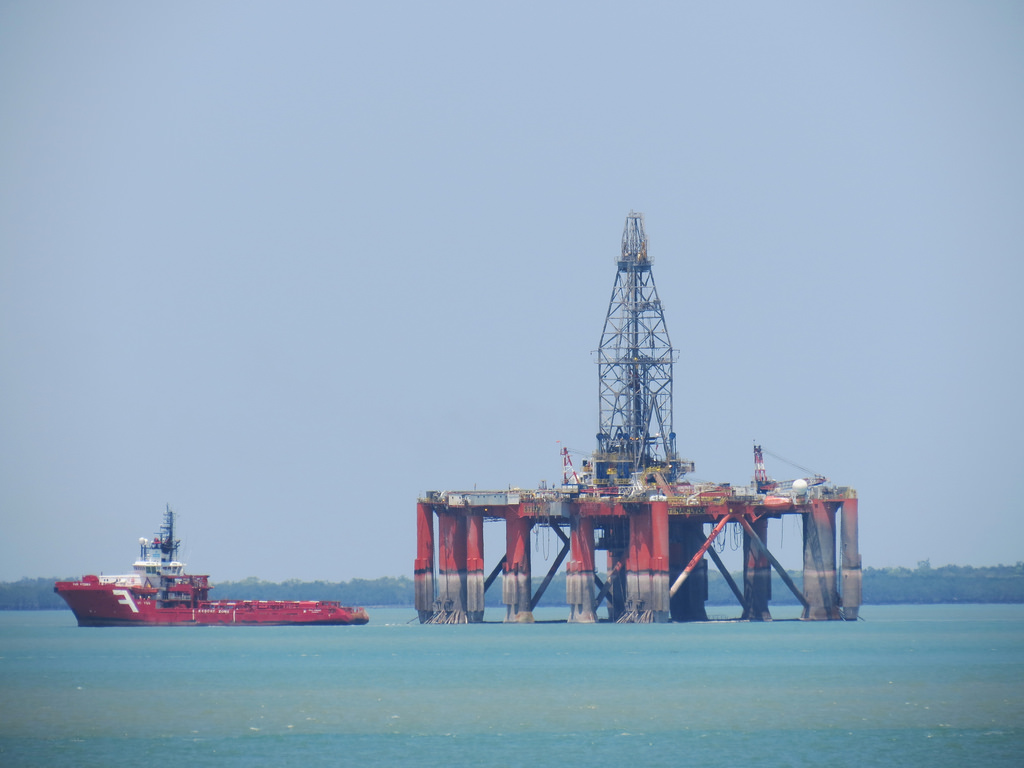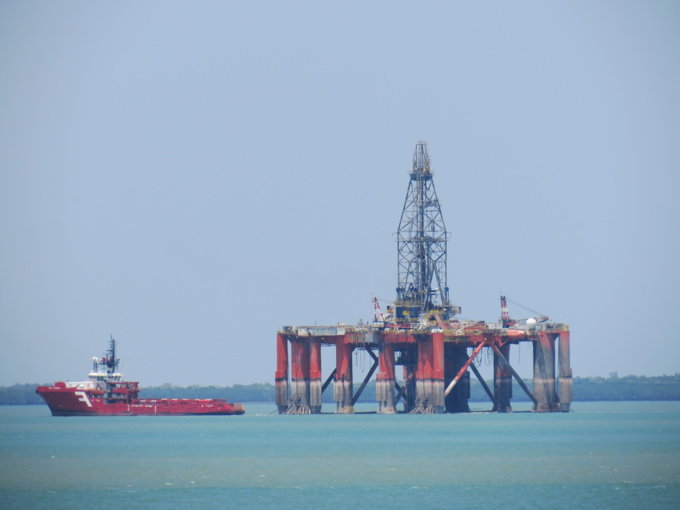Oil production at the bottom of the sea is becoming cheaper, as manufacturers optimize operations and prefer drilling at key wells, notes Wood Mackenzie Ltd. This means that by next year, oil at $ 50 per barrel can support a number of these projects compared to an average breakeven price of about $ 62 in the first quarter of 2017 and $ 75 in 2014, the consulting company predicts.
To reduce these costs presents another challenge for the Organization of Petroleum Exporting Countries, which is currently restricting production in order to reduce the oversupply in the market. In 2014, when the US shale oil boom caused a collapse in oil prices from a level higher than $ 100 per barrel, OPEC selected an unlimited mining strategy to protect its market share and cut off oxygen to high-cost projects. Ali al-Naimi, the ex-Minister of Energy of Saudi Arabia, a member of OPEC, said in February 2016 that such producers should either "reduce costs, or borrow cash, or be liquidated".
"There is still life on the deep water", said Angus Roger, director of Wood Mackenzie's research project for upstream projects in the Asia-Pacific region. "When oil prices fell, many projects were postponed, but the deep-water ones were stopped first, because their breakeven level was, in general, the highest. Now in 2017, we see signs that the best of them are coming back".
Reducing costs also means that investors may be more willing to approve oil production on these large projects, which are more complex and risky than drilling traditional onshore fields. It can compete with OPEC oil while meeting the future supply shortage, which, as the organization expects, will form as demand grows and natural production at existing wells declines.
source: bloomberg.com
To reduce these costs presents another challenge for the Organization of Petroleum Exporting Countries, which is currently restricting production in order to reduce the oversupply in the market. In 2014, when the US shale oil boom caused a collapse in oil prices from a level higher than $ 100 per barrel, OPEC selected an unlimited mining strategy to protect its market share and cut off oxygen to high-cost projects. Ali al-Naimi, the ex-Minister of Energy of Saudi Arabia, a member of OPEC, said in February 2016 that such producers should either "reduce costs, or borrow cash, or be liquidated".
"There is still life on the deep water", said Angus Roger, director of Wood Mackenzie's research project for upstream projects in the Asia-Pacific region. "When oil prices fell, many projects were postponed, but the deep-water ones were stopped first, because their breakeven level was, in general, the highest. Now in 2017, we see signs that the best of them are coming back".
Reducing costs also means that investors may be more willing to approve oil production on these large projects, which are more complex and risky than drilling traditional onshore fields. It can compete with OPEC oil while meeting the future supply shortage, which, as the organization expects, will form as demand grows and natural production at existing wells declines.
source: bloomberg.com



















